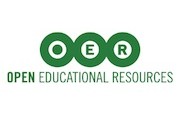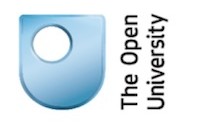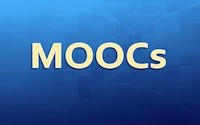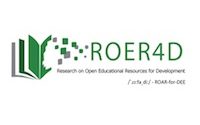
Open Educational Practices and Attitudes to Openness across India: Reporting the Findings of the Open Education Research Hub Pan-India Survey
In recent years India has shown a growing appetite for open educational resources (OER) and open educational practices (OEP). Despite this, there is a paucity of research on OER use and impact, the extensiveness of OEP, and attitudes towards openness in India. This paper reports on research intended to help fill that knowledge gap by […]















